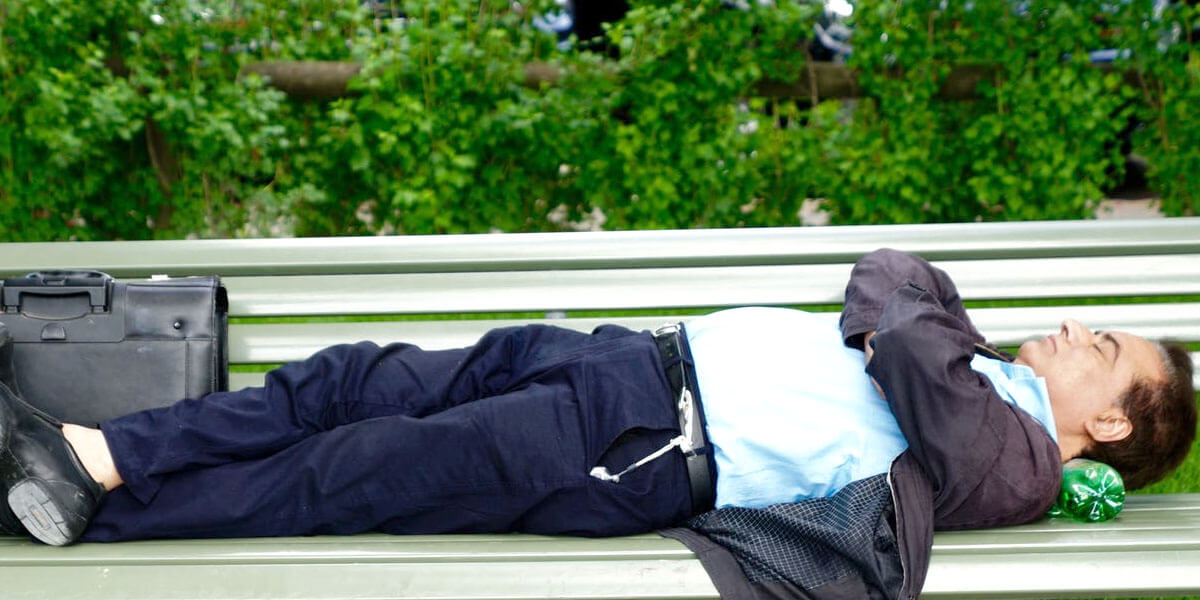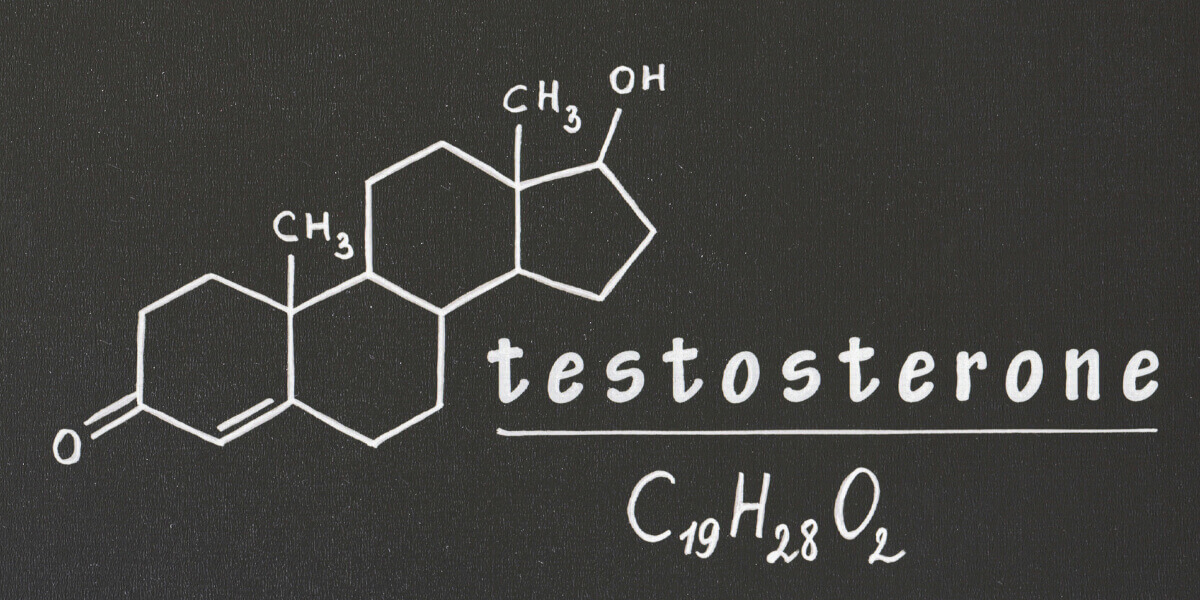Testosterone is the principal male sex hormone and it is an essential part of what makes us a man. Levels start to increase during puberty, which provides us with our secondary sexual characteristics and it peaks at 30. Secondary sexual male characteristics include muscle and bone density, as well as changes in metabolism, mental acuity, sexual drive and motivation. Further to this testosterone is important in general health and well-being. The amount of testosterone produced varies from person to person, however, it is widely accepted that normal range begins at 12-15nmol/l.
Anyone with levels lower than that may start to experience symptoms which can begin to inhibit men’s mental and physical wellbeing. It is a little-known fact that from the age of 30 years a man’s testosterone levels fall by 1% every year. For some, this will have very little effect on their daily lives if their baseline testosterone levels started on the high side, especially if their lifestyle includes plenty of exercise and a healthy diet. However, if you have lower testosterone to start with and live a more sedentary life by the time you are 35 you may start to experience symptoms of low testosterone, some of which may surprise you.
Low testosterone often goes undiagnosed as it can cause a complex web of symptoms which some will ignore if they are mild or may be misdiagnosed by a health professional. The condition is sometimes mistaken for chronic fatigue, depression, chronic infections, low thyroid, anaemia, liver disease, heart failure, thyroid disease, diabetes, autoimmune disease, insomnia, stress, or the general effects of ageing. Unfortunately, the stigma and negative implications of low testosterone can deter some men who may suspect they have low levels from seeking help at all.
So, what are the symptoms of low testosterone?
Men with low testosterone will commonly in their early to mid-thirties start to suffer from the softer symptoms and these can include tiredness, struggling at work, relationship issues, lowered sex drive, weight gain, and less obvious gains at the gym. A lot of these symptoms are passed off as ‘middle-aged man syndrome’ and sadly are not tackled at this stage. As the years pass and the levels decrease further, men will start to notice the harder symptoms of the condition, often as young as 40-50 years of age, and these can include difficulty in achieving and maintaining an erection. Another advanced sign is night sweats, which results in sweating so badly during the night that it soaks your pyjamas or sheets. Left untreated, low testosterone can cause osteoporosis which may only be picked up after incurring a broken bone.

Besides the natural decrease of testosterone due to age, lifestyle choices can also have an impact on hormone levels, for instance, obesity, low activity levels, less than 6-7 hours of sleep per night, and a poor diet high in fats and carbs can all have a causal effect. Having less or no sex can also create a problem as engaging in sex regularly increases and helps to maintain optimum levels.
About Dr Jeff Foster

A Men’s Health specialist and Medical Director and founder of H3 Health. I’m passionate about raising awareness of all aspects of Men’s Health, and heavily involved in both teaching and health promotion. I’m a committee member of the British Society of Sexual Medicine, and have been involved in writing the most recent national guidelines for testosterone deficiency in men.
Get in touch with Dr Jeff
If you are a prospective patient and wish to see Dr Jeff privately, then you can book an appointment via H3 Health (03309 120769 – National Rate). Alternatively if you are a member of the Media, then please use our contact form for media enquiries.





